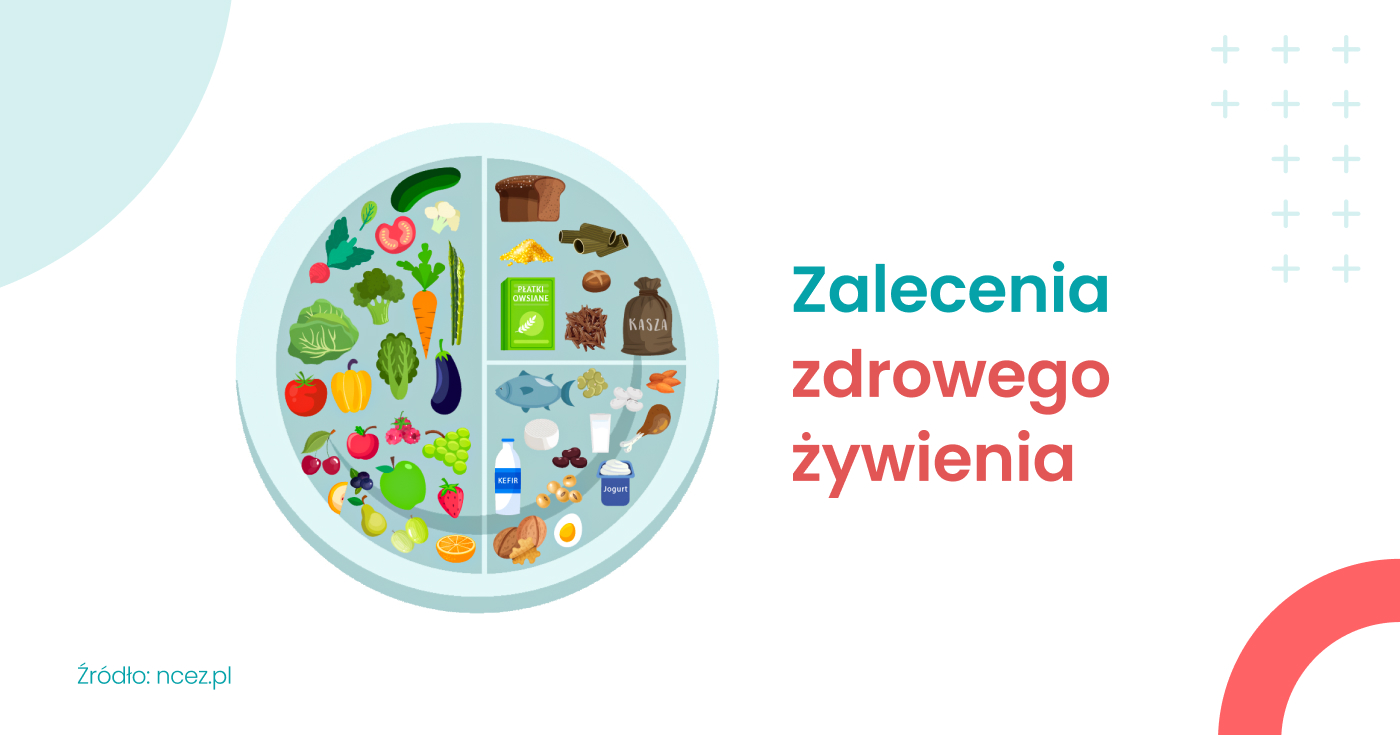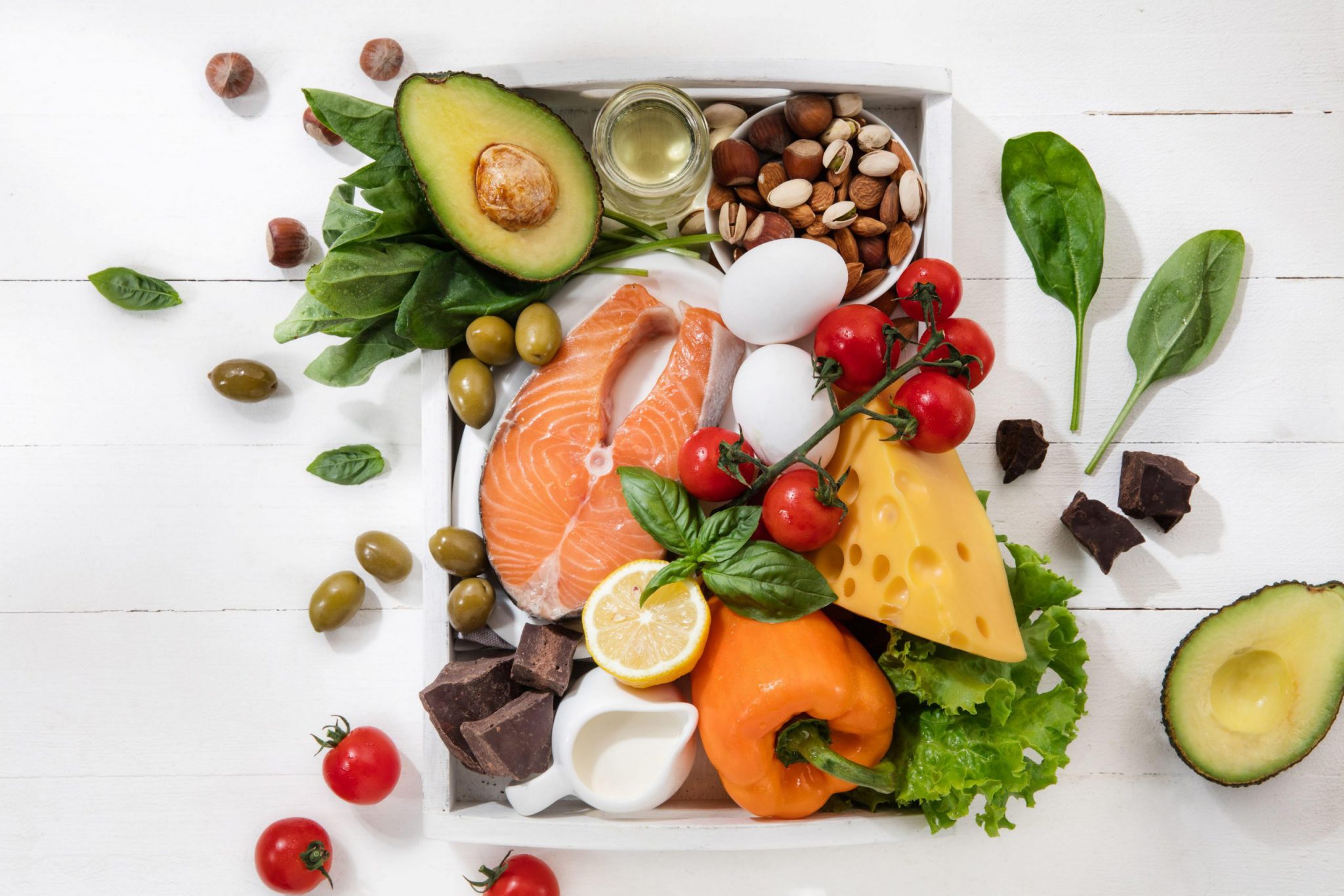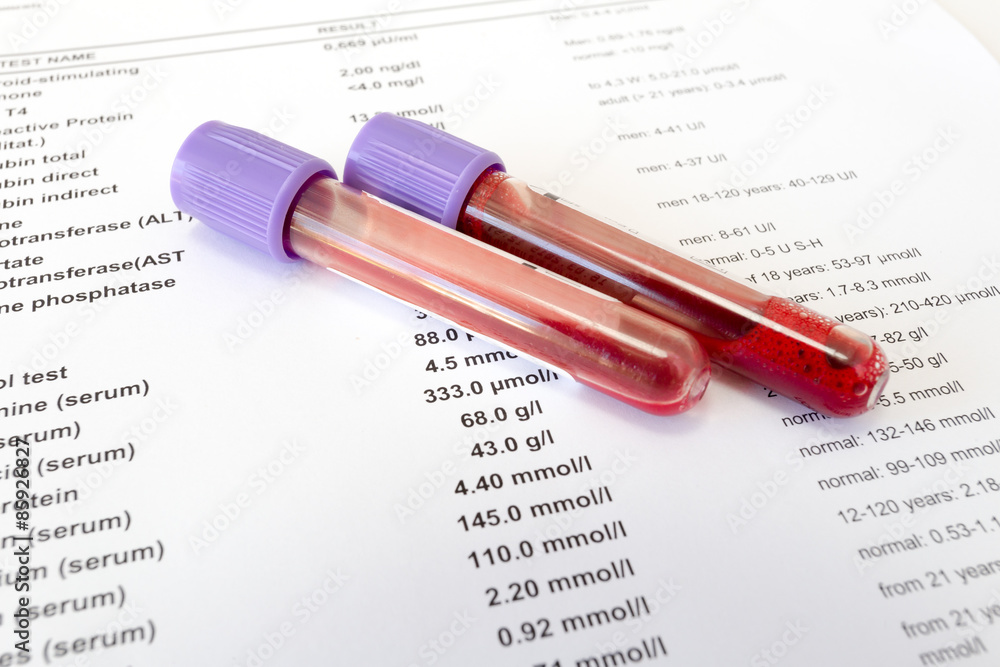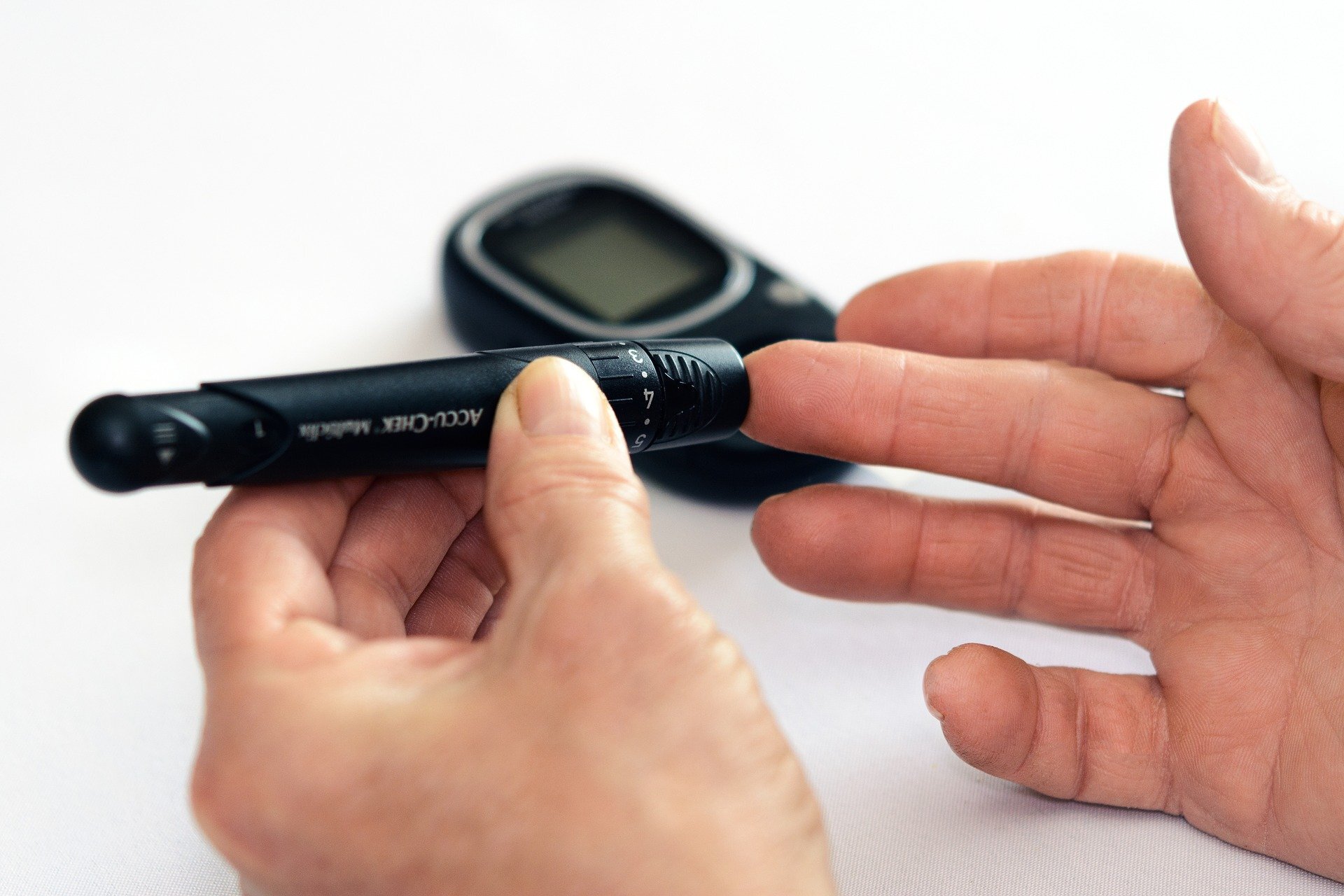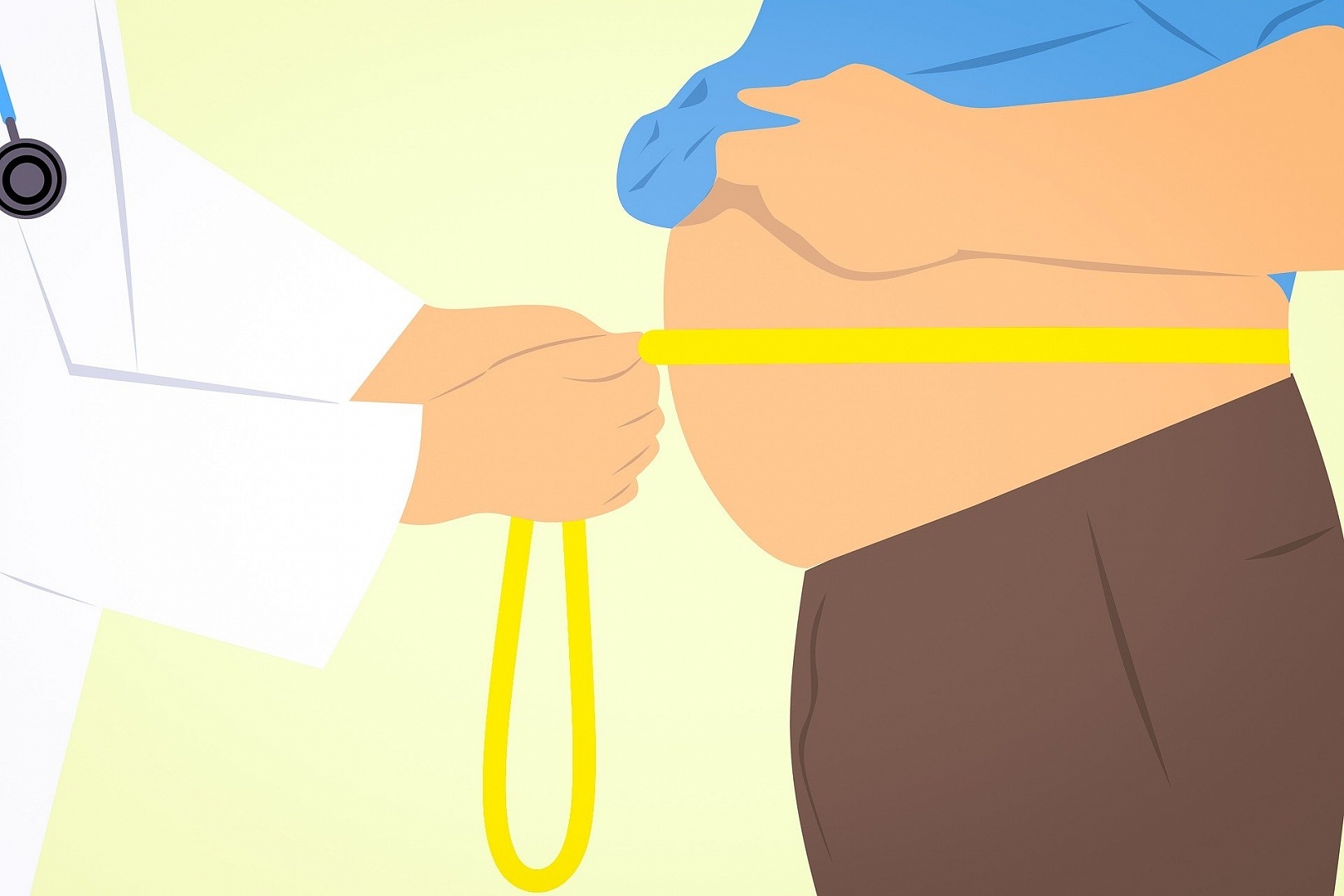12 Foods Rich in Iron

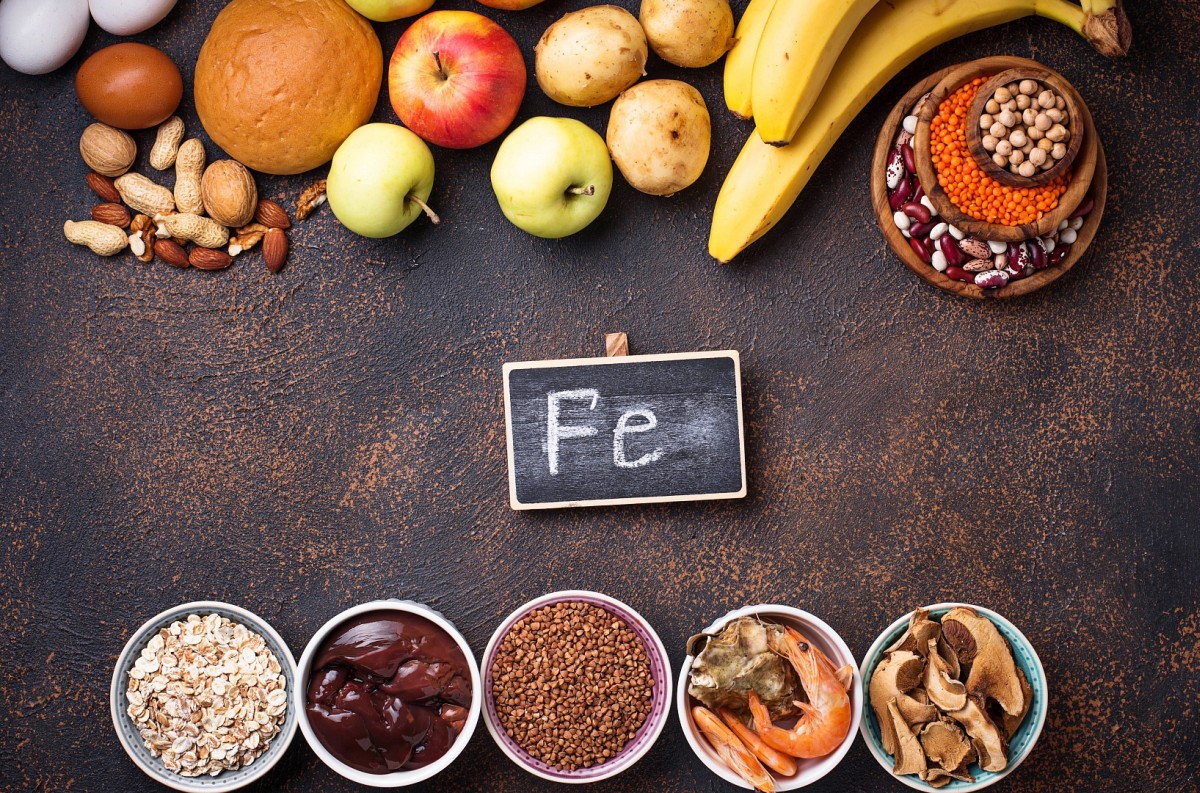
Iron is a micronutrient. It makes up a part of a red blood cell and is responsible for transporting oxygen throughout the body. It has to be absorbed with the food we consume. The recommended daily intake of iron is 18mg.
Iron deficiency occurs when the amount of iron absorbed is less than the amount of iron used by the body (for metabolic processes). Its symptoms include:
- general fatigue
- dizziness
- fast heart rate
Iron deficiency can lead to anemia. Premenopausal women are particularly prone to developing this because of the blood lost during their monthly periods.
Including foods that are rich in iron in your diet can help maintain the minimum daily requirement. The following is a list of iron-rich foods:
1. Seafood
All seafood, including mussels, oysters, and shrimp, is rich in nutrients such as omega-3 fatty acids, B vitamins and minerals. These products increase “good” HDL cholesterol and thereby, prevent the development of atherosclerosis.
When it comes to iron, it is important to understand that it can be found in two different forms – heme and non-heme. Seafood contains heme iron, which is more easily absorbed by the body than non-heme iron (mainly found in plant based foods).
If you were to consume a portion of 100g of mussels, you can absorb up to 3 mg of iron (17% of the daily requirement). Additionally, you would be ingesting 26 g of whole protein, 24% of your daily requirement of vitamin C, and as much as 4.125% of your daily requirement of vitamin B12.
Even though the scientific community has shown reason for concern when it comes to the consumption of certain marine life (certain fish and crustaceans) due to the accumulation of toxins such as mercury, the nutritional value of these animals far outweighs this risk.

2. Spinach
Spinach is a low calorie source of many valuable nutrients. About 100g of uncooked spinach has been shown to contain 2.7mg of iron (15% of the daily requirement).
Although spinach contains non-heme iron, its absorption can be increased by vitamin C, which is also found in spinach in large amounts.
Spinach is also rich in carotenoids, compounds that reduce the risk of cancer and protect against diseases that cause blindness.
3. Liver and other offal meats
Certain internal organs from animals are extremely rich in nutrients, such as protein, B vitamins, iron, copper and selenium. The highest concentration of iron is found in the liver, kidneys, brain and heart of various farm animals (pigs, cows, calves, chickens and turkeys).
For example, 100g of cow liver contains 6.5mg of iron, which accounts to as much as 36% of your daily requirement. Interestingly, the liver is particularly rich in vitamin A, providing as much as 1049% of the daily requirement in just 100g.
In addition, this type of food is a main source of choline, a compound involved in maintaining proper functioning of the brain.

4. Legumes
Legumes are foods like beans, lentils, chickpeas, peas and soybeans. They are a great source of folate, iron, potassium and magnesium. They are particularly recommended for vegetarians.
As an example, one cup (about 200g) of cooked lentils contains 6.6 mg of iron (37% of the daily requirement). Beans have a slightly lower content of iron, where half a cup of cooked black beans (about 100g) provides 1.8 g of iron (about 10% of the daily requirement).
Studies have shown that the consumption of legumes is especially beneficial for people with diabetes and metabolic syndrome. These products are able to reduce inflammation and protect the body against the development of cardiovascular disease. Due to their high content of soluble fiber, these plants can also play a role in weight loss. One study found that a diet which contains beans to be equivalent to a low-carbohydrate diet.
Remember that to maximize the absorption of iron, legumes should be eaten in combination with foods rich in vitamin C (such as tomatoes, bell peppers, spinach, cauliflower, etc.).
5. Red meat
Red meat has a high content of protein, zinc, selenium, iron and several B vitamins.
About 100g of ground beef contains up to 2.7mg of iron (15% of the daily recommended intake). Red meat contains the more easily absorbed, heme iron and is particularly recommended for people suffering from anemia. A study of the changes in blood iron levels based on ingestion of different iron sources concluded that women who consumed meat had significantly higher iron levels than those who took it in the form of a dietary supplement.
However, for people that are at a higher risk of iron deficiency because they do not consume meat, like vegans and vegetarians, it is important to supplement the diet with large amounts of iron-rich foods, such as legumes.
6. Pumpkin seeds
Despite the fact that pumpkin seeds are quite a caloric snack, it is worth introducing them into your daily diet. They not only contain a wealth of vitamins that boost your immune system, but are also a good source of potassium, zinc, iron, magnesium and manganese.
About 28g of pumpkin seeds have been shown to contain 2.5mg of iron (14% of the daily requirement). Among the variety of nutritionally valuable substances present in pumpkin seeds, magnesium deserves special attention. Consuming 28g of pumpkin seeds provides as much as 40% of the daily requirement.
7. Quinoa
Relative to other types of cereals, quinoa is one of the richest sources of protein, magnesium, copper, iron and manganese, along with many other vitamins and minerals.
One cup (about 200g) of cooked quinoa contains up to 2.8 mg of iron (16% of the daily requirement). Its consumption is especially recommended for people with celiac disease, as this product does not contain gluten.
Quinoa is also known to have antioxidant properties, thanks to which it protects cells against free radicals formed during a variety of metabolic processes as well as times of stress.

8. Dark mean from a turkey
Turkey meat is a good source of iron. About 100g of dark turkey meat (found in the thigh area) contains 1.4mg of iron (8% of the daily requirement). By comparison, turkey breast only contains 0.7mg of iron.
The turkey thigh meat also contains as much as 28g of protein as well as B vitamins and mineral salts. Lastly, it accounts for as much as 32% of the daily requirement of zinc and 57% of the daily requirement of selenium.
Consuming turkey meat is a great way to lose weight without muscle loss, as the protein it contains results in an increased metabolic rate after a meal.
9. Broccoli
Broccoli belongs to the family of cruciferous vegetables, which also includes cauliflower, brussel sprouts, kale and cabbage. These vegetables contain substances such as indole, sulforaphane and glucosinolates, all of which can protect the body against cancer.
Broccoli is rich in many nutrients, including fiber, folic acid, vitamin K and iron. One cup (about 150g) of cooked broccoli contains up to 1 mg of iron (6% of the daily requirement). What’s more, the same serving of broccoli also contains 112% of the daily requirement of vitamin C, which helps the body better absorb iron.
10. Tofu
Tofu is made from compressing curds of coagulated soy milk. Its consumption is very popular with vegans, vegetarians and in certain Asian cultures. It is rich in protein, iron, calcium and phosphorus, as well as contains isoflavones, a compound that can help reduce the risk of heart disease, alleviate menopausal symptoms and regulate cholesterol levels.
Half a cup (126g) contains up to 3.4 mg of iron (19% of the daily requirement).

11. Dark chocolate
Dark chocolate tastes great and improves our mood. 28g contains as much as 3.4mg of iron (19% of the daily requirement). What’s more, drinking it provides up to 56% of the daily requirement of copper and 15% of the daily requirement of magnesium. The fiber found in dark chocolate provides nourishment for the “good” gut bacteria. This helps to protect the body against the overgrowth of disease-causing “bad” bacteria.
Dark chocolate has also been shown to help regulate cholesterol levels, thus, reducing the risk of heart attacks and strokes.
Please be aware that the health benefits of dark chocolate come from flavonols. These substances are much more abundant in dark chocolate than in its milky substitutes. Therefore, it is recommended to eat chocolate with a minimum content of 70% cocoa.
12. Fish
Fish, especially tuna, mackerel and sardines, are highly rich in nutrients such as niacin, selenium, iron and vitamin B12.
These animals are also a good source of omega-3 fatty acids, which exhibit a wide range of nutritional values and are responsible for the normal functioning of the brain, strengthen the immune system and stimulate the growth of the body.
85g of canned tuna contains about 1.4 mg of iron (8% of the daily requirement).
